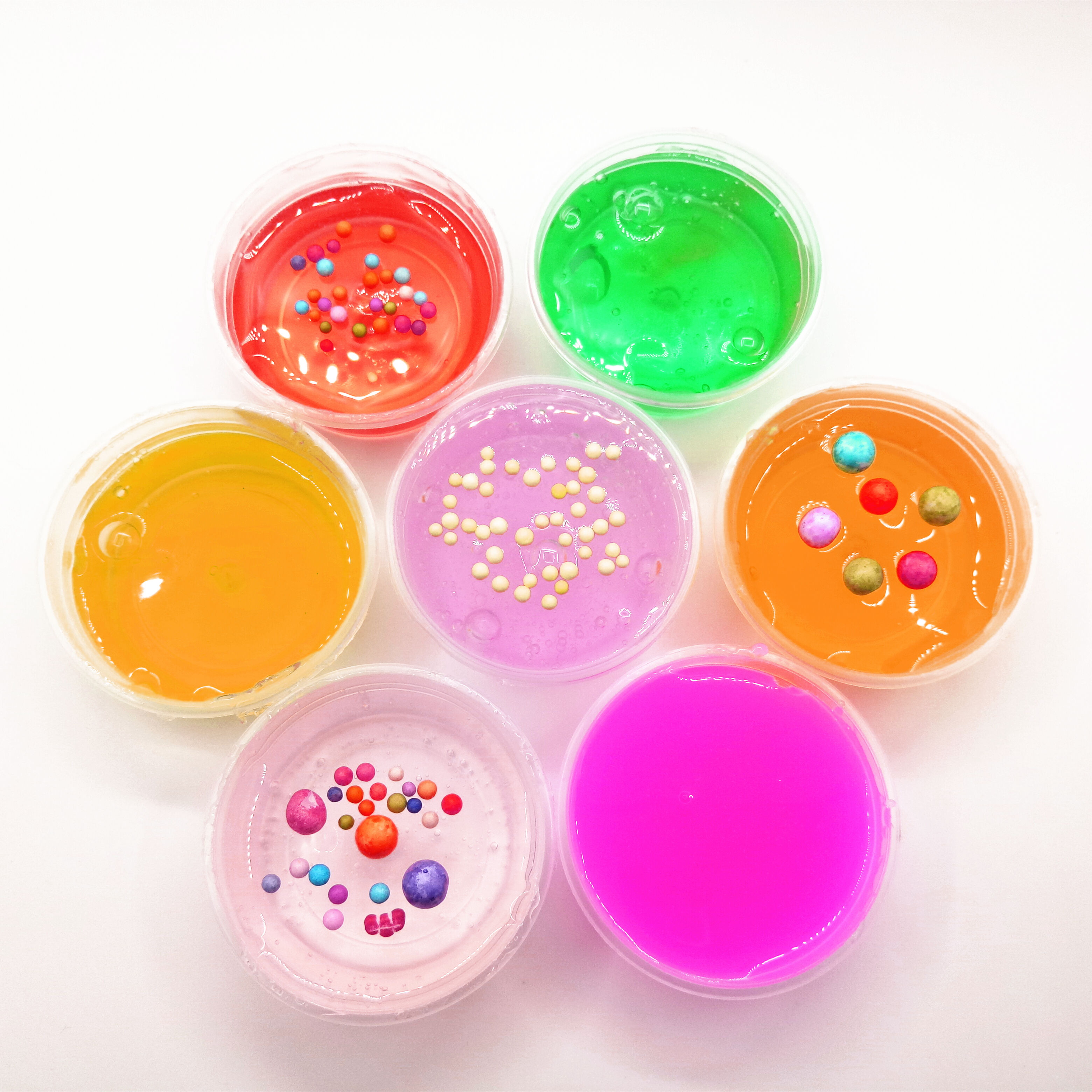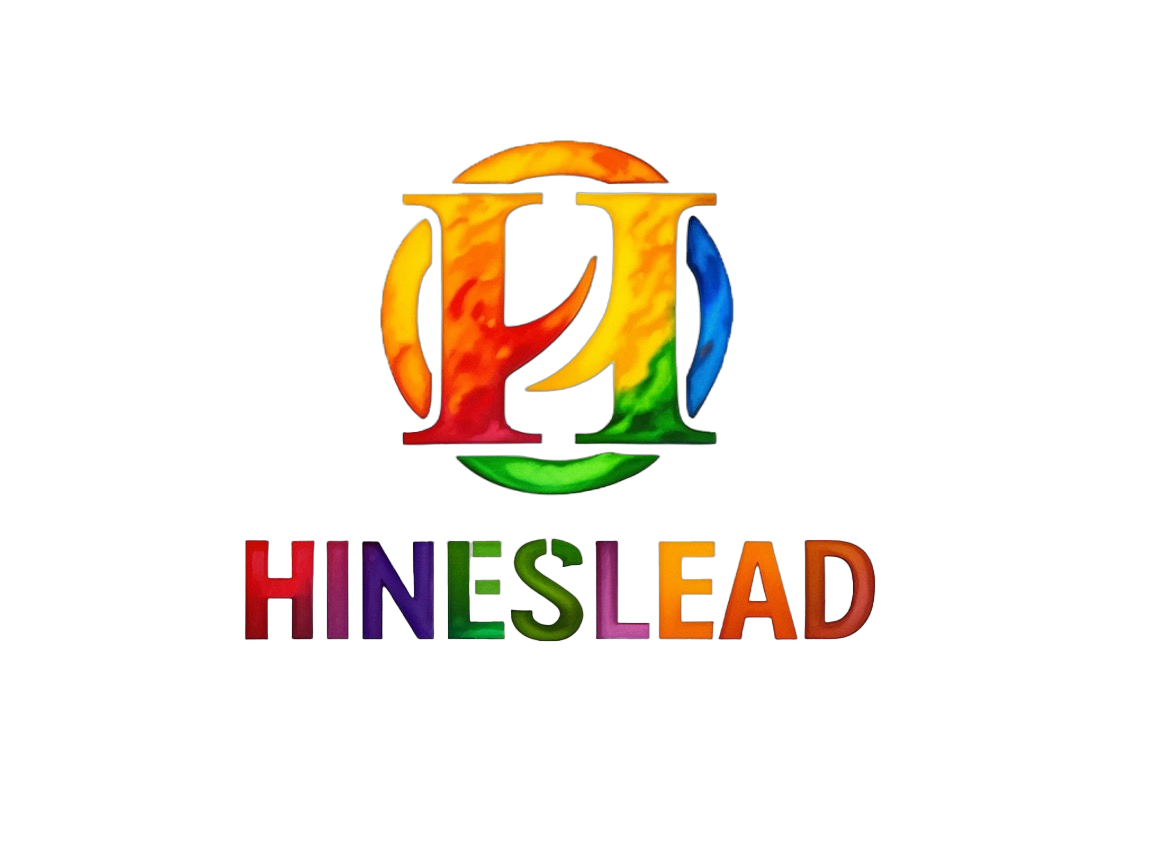Best Educational Toys by Age Group
Educational Toys for 1 Year Old: Sensory Exploration
When it comes to toys for babies around one year old, sensory play is really what matters most. Think about things like blocks with different textures or simple instruments that make noise when shaken. These kinds of toys help little ones explore their world through touch, sound, and movement, which keeps them interested and curious during those important first years. Studies show that playing with different sensations actually helps build connections in the baby's brain, stuff like remembering things better and learning how to make choices later on. Most pediatricians and child specialists suggest giving babies lots of different sensory experiences because it just makes sense for their growth. Parents can start with basic items like soft books with crinkly pages or bath time toys that float and sink.
Educational Toys for 2 Year Olds: Motor Skill Development
Toys designed for educational purposes at age two really help build those important motor skills, both the small hand movements and bigger body motions. Things like stacking blocks or little push cars get kids moving around, which helps them learn to coordinate their actions and find their balance something that matters a lot during this growing phase. Research shows when kids play actively, their muscles actually get stronger, making it easier for them to move from one activity to another without stumbling. Most pediatricians suggest picking out toys that make children move their bodies and practice grabbing or holding on. These aren't just entertaining items sitting in a toy box they form the foundation for proper physical development down the road.
Educational Toys for 3 Year Olds: Problem-Solving Foundations
When it comes to three year olds, toys that encourage problem solving really make a difference. Things like puzzles and construction kits do wonders for developing those early problem solving abilities, helping little ones start thinking strategically about challenges. Research shows kids who get into this kind of play tend to show better brainpower growth down the road. A lot of child development experts point out that when kids play actively with problems to solve, their ability to analyze situations improves quite a bit. This kind of mental exercise lays down some pretty solid groundwork for learning all sorts of things later in life.
Educational Toys for Four Year Olds: STEM Introduction
Getting kids into STEM through playthings works wonders for little ones around four years old. These kinds of toys get them curious about things like science, tech stuff, building stuff, and numbers before they even start school. What's great is that while kids are having fun with these toys, they're actually setting themselves up for better understanding when they hit those subjects later on. Studies show most kids who play with STEM toys tend to stay interested in these areas as they grow up. That's why teachers often push for interactive learning where kids can touch, build, and experiment rather than just sit and listen. The hands on approach makes all the difference between bored kids and excited future scientists or engineers.
Educational Toys for 5 Year Olds: Advanced Cognitive Challenges
For kids around five years old, toys need to offer more than just entertainment they should actually push their thinking further. Building kits that require planning ahead and simple coding games that involve sequencing steps can really stretch young minds. Research has shown time and again that when children face moderate challenges while playing, their problem solving gets better fast. Many teachers working with preschoolers have noticed something similar too. They see how incorporating tech elements into regular playtime helps little ones grasp concepts faster than traditional methods alone. The key is finding that sweet spot between fun and mental exercise without overwhelming them.
Key Benefits of Educational Toys
Enhancing Problem-Solving Abilities
Educational toys really help build those problem solving skills in kids. When children play with these kinds of toys, they start learning how to plan things out and figure stuff out logically when facing obstacles. Studies have found pretty strong connections between time spent playing with educational toys and better results in school subjects later on. Take puzzles for example, or board games where players need to come up with strategies during gameplay. These activities actually boost brain development quite a bit. Kids get better at looking at problems from different angles and coming up with creative solutions as well. The Journal of Educational Psychology published research back in 2018 showing exactly this kind of relationship between toy based learning and cognitive growth.
Developing Fine Motor Skills
Building blocks, art kits, and similar toys help kids develop those important fine motor skills needed for better dexterity and control over time. When children engage with toys that demand careful hand movements and coordination between eyes and hands, they're actually preparing themselves for everyday tasks like holding pencils properly or tying shoelaces. Research published in medical journals indicates that regular play with these types of items leads to noticeable improvements in manual skills among young ones. For parents looking at what their doctor recommends, including some form of toy that works those small muscles should definitely be part of any early development plan.
Encouraging Creative Thinking
When kids get their hands on open-ended toys, these items really help spark imagination and boost creative thinking skills. What makes them special is how they encourage freeform play time something that studies in education actually back up as being super important for developing those innovative thought processes. Most child psychologists will tell parents that letting children express themselves freely during play matters a lot for both their feelings and brain growth. And there's another bonus too creative play doesn't just build creativity itself but helps kids handle emotions better too. This kind of foundation ends up helping with solving problems later on and building that emotional smarts we all need in life.
Choosing Age-Appropriate Learning Tools
Matching Toys to Developmental Milestones
Picking the right toys based on what kids can do at different ages really matters for how they learn and grow. Kids go through all sorts of changes from babyhood to being toddlers and then entering early childhood, and their brains and bodies develop in leaps and bounds during these periods. Studies show that when toys match what children are capable of doing at each stage, it actually boosts their learning quite a bit. Parents should look for educational toys that fit where their kid currently stands developmentally because this keeps them interested and helps build skills they're ready for. Child development specialists point out that getting the most out of playtime means matching toys to what each child specifically needs and can handle at any given moment.
Safety Considerations for Different Ages
When picking out educational toys for kids, safety should always come first. Different age groups need different safety standards, so it really matters what kind of toy we're talking about here. Most importantly, toys need good design and safe materials. They shouldn't have tiny pieces that little ones might swallow or contain harmful chemicals. According to recent data, matching toys to appropriate ages cuts down on injuries quite a bit. Parents would do well to check what goes into making these toys and look up any recall notices too. Taking this extra step gives everyone peace of mind. Kids get to play without worries, and parents feel better knowing their children are learning through play in a secure environment.
Balancing Education and Entertainment
Good educational toys manage to mix fun with actual learning so kids get both enjoyment and something valuable from them. When kids play with things that spark their natural curiosity, they tend to remember stuff better and stay interested longer. Studies show that when toys combine entertainment value with actual teaching moments, kids stay engaged in what they're doing while still picking up important skills. Teachers who work with young children often talk about how important it is to keep learning activities playful rather than too serious or structured. Getting this right means kids pick up those crucial early skills while also developing a genuine interest in learning that sticks with them as they grow up. The best toys create experiences where kids are both entertained and educated at the same time without even realizing it.
Maximizing Learning Through Play
Interactive Play Strategies for Parents
Getting parents involved in play matters a lot if we want to get the most out of those precious play moments. Kids actually learn better when mom or dad joins in, according to research that shows how much difference active participation makes in what kids pick up during play. The best thing parents can do? Just jump right into whatever game or activity the kid is into. Ask questions, point things out, maybe even pretend to be the bad guy in their imaginary world. Child development experts keep telling us this helps build creativity and keeps that natural curiosity alive in young minds. It's not about teaching specifically, but creating those special moments where learning happens without anyone even noticing.
Combining Multiple Skill Development
When parents pick out toys that work on different skills like thinking and moving around, kids tend to get a lot out of it. Studies show that when a toy gets kids using more than one part of their brain at once, they actually learn better. These kinds of toys help build things like problem solving abilities, hand-eye coordination, and even how they handle emotions. Most teachers who work with children will tell you the same thing. They recommend going for toys that push several developmental buttons all at once. This way, what starts as simple play becomes something much more valuable for growing brains.
Recognizing Progress in Cognitive Growth
Watching kids play with educational toys gives parents a real chance to see how their brains are developing. When parents take notice of what catches their child's interest during playtime, they can adjust activities to match where the kid is at developmentally. Research backs this up showing that personalized learning makes a big difference. Many parenting guides actually suggest treating play sessions like little tests for brain growth. This helps folks spot those important developmental markers and feel good about progress made through simple interaction with toys and games.

